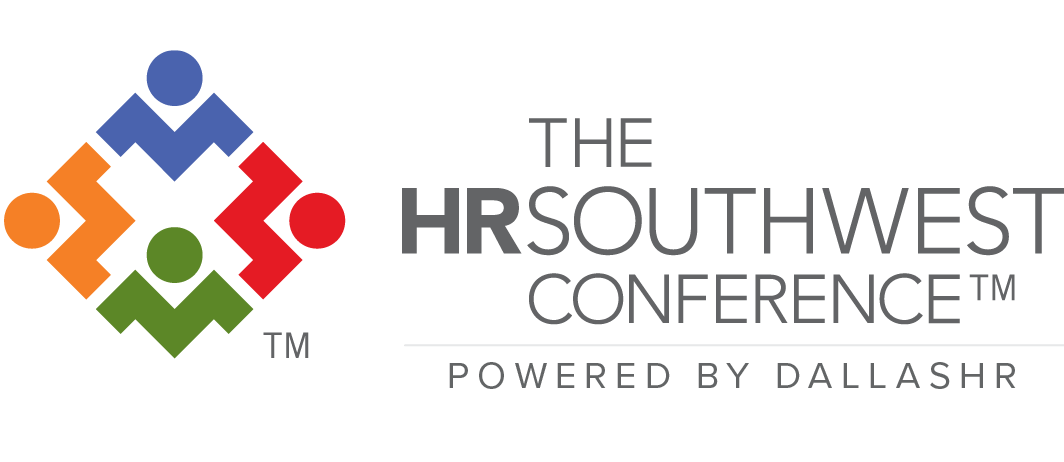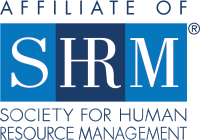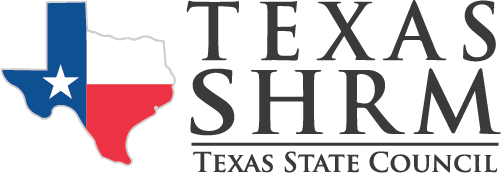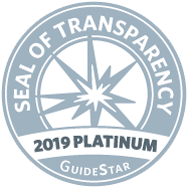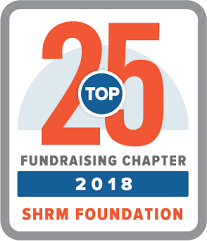
Dallas HR Webinars

Total Rewards
Implementing sustainable compensation and benefits rewards strategies including developing/selecting, implementing/administering and evaluating compensation and benefits programs for all employee groups in order to support the organization’s goals, objectives and values and remain competitive and increasing employee satisfaction.
18 Results
-
Contains 3 Component(s), Includes Credits Recorded On: 10/30/2019
As the paid sick leave law wave continues to ripple across the country, companies are looking at ways to meet or exceed the now more than 40 different paid sick leave laws. The idea of unlimited paid time off (PTO) is still splashing through HR professionals' minds as an alternative way to beat the many paid sick leave laws and as a way to attract and retain talent. Need to go to Hawaii for five weeks? Yes, go -- it's paid time off! Need the afternoon off to watch your child in a school play? Sure, it's paid time off! Need a "mental health" day or two (or five)? Why not -- it's paid time off! No questions asked. But before implementing such a program, there are some things to consider. Is it too much of a good thing? Will it improve morale and work-life balance or will it cause fear within the organization? Is it a true total rewards element that attracts and retains top talent? What about employees who need an extended medical leave of absence? Are they paid for the full leave duration? "Unlimited" may not really mean without limits. Learning Objectives: Rethink paid time off strategies; Define the pros and cons of having an unlimited PTO program; Understand how other organizations are implementing unlimited PTO programs.
-
Register
- Non-Member - $34
- Member - $19
- More Information
-
Register
-
Contains 3 Component(s), Includes Credits Recorded On: 10/29/2019
Learn about the future of employer sponsored health care. This session provides an in depth look at: alternative health plans and why it’s important you know about them, true consumerism in health care and the impact high deductible health plans have had. (Spoiler alert, it’s not so great!), the hidden dollars in the pharmacy system and why quality actually matters more than discounts. Learning Objectives: Describe the current landscape of healthcare; Recognize the keys to driving down healthcare costs within your organization; Understand alternative healthcare plans in the market and how they can significantly improve your employees healthcare experience.
-
Register
- Non-Member - $34
- Member - $19
- More Information
-
Register
-
Contains 3 Component(s), Includes Credits Recorded On: 10/29/2019
Benefits compliance has become increasingly complex and continues to evolve. Similar to geology, movements may appear to be slow but can result in seismic shifts that have the potential to escalate to a tsunami level. Always lurking beneath the surface are any number of enforcement agencies with significant penalties at their disposal under various laws like the Affordable Care Act (ACA), Employee Retirement Income Security Act (ERISA), Mental Health Parity and the Tax Code. This session will help participants navigate through these troubled waters, them on the major group health plan legal issues facing employers today... and tomorrow. Learning Objectives: Gain insight into the major group health plan legal issues facing employers today; Understand the enforcement agencies and the significant penalties organizations face for non-compliance; Implement innovative strategies and best practices to navigate the increasingly complex regulatory changes to benefits compliance.
-
Register
- Non-Member - $34
- Member - $19
- More Information
-
Register
-
Contains 3 Component(s), Includes Credits Recorded On: 10/29/2019
While HR professionals may have enjoyed the recent slowdown in regulatory action under the Affordable Care Act, plenty of compliance considerations remain for those that work with cafeteria plans and group health plans. We’ll look at the latest-and-greatest as it pertains to topics such as association health plans, wellness regulations, the contraceptive mandate, and general agency enforcement to ensure HR professionals are ready to become a trusted advisor to employees through the next phase of employee benefits. Learning Objectives: Understand key regulatory and legislative actions from the past year that affect compliance for cafeteria plans and group health plans; Recognize inherent risks of noncompliance for employee benefit programs based on agency enforcement activities from the past year; Serve as a trusted advisor to the company in the event an IRS penalty is proposed for alleged noncompliance with the employer mandate provisions applicable to large employers.
-
Register
- Non-Member - $34
- Member - $19
- More Information
-
Register
-
Contains 3 Component(s), Includes Credits Recorded On: 10/28/2019
Employee’s expectations of workplace health and well-being programs continue to evolve and expand, often outpacing program updates. To meet these changing demands, it is critical to consider what is next and adapt programs to remain competitive and avoid being left behind. With the growing role of technology and automation in wellness programs, balancing high-tech and high-touch is necessary to effectively meet employees where they are and guide them to the right resources. By leveraging data to personalize and provide multiple touch points, it is possible to cut through the flood of information to reach employees. Further, consolidating and integrating existing but disconnected programs can simplify access for employees, leading to increased utilization, improved outcomes and reduced costs. Through the use of case studies and data, this session will provide participants with practical steps to evolve their programs to better meet the diverse and changing needs of their workforce and engage employees on their health and well-being journeys. Learning Objectives: Incorporate new ideas into existing workplace health and well-being programs to improve employee engagement; Identify strategies to integrate and consolidate existing programs to maximize value and reduce costs; Learn how data analytics can be leveraged to support an integrated wellness strategy and drive engagement.
-
Register
- Non-Member - $34
- Member - $19
- More Information
-
Register
Per SHRM and HRCI recertification guidelines, online content is eligible for recertification credit for two years from date of capture. Content will expire based on the following schedule:
- 2019 Conference Expiration Date: October 31,2021
- 2018 Conference Expiration Date: October 1, 2020
| Access Date | Quiz Result | Score | Actions |
|---|
Instructions for Signing In
Please sign in to the Online Learning Center with your DallasHR.org Username and Password. All attendees of the HRSouthwest Conference have credentials to sign in, even if you've never signed into the DallasHR website. Click "Log In" above and then choose "Forgot my Username". Enter the email address used to register for the conference and you'll receive instructions from info@dallashr.org
Question? Please email education@dallashr.org

